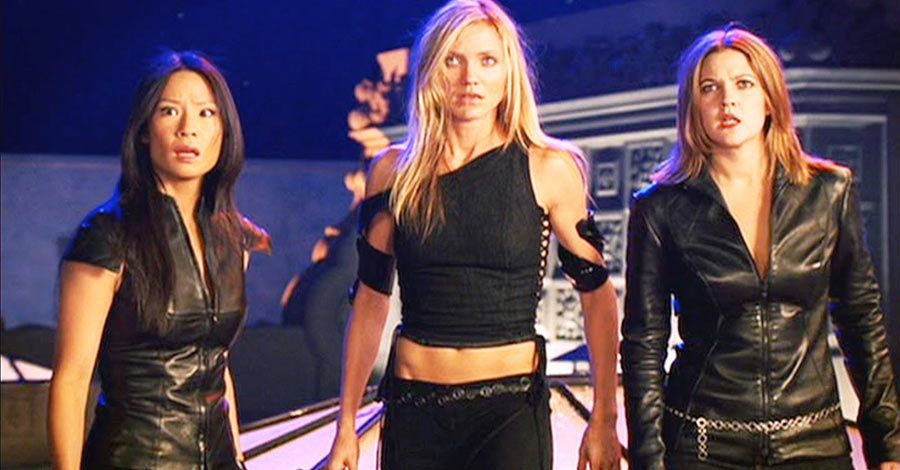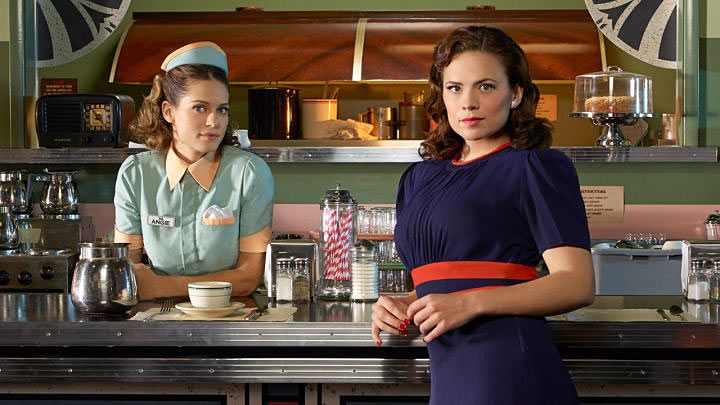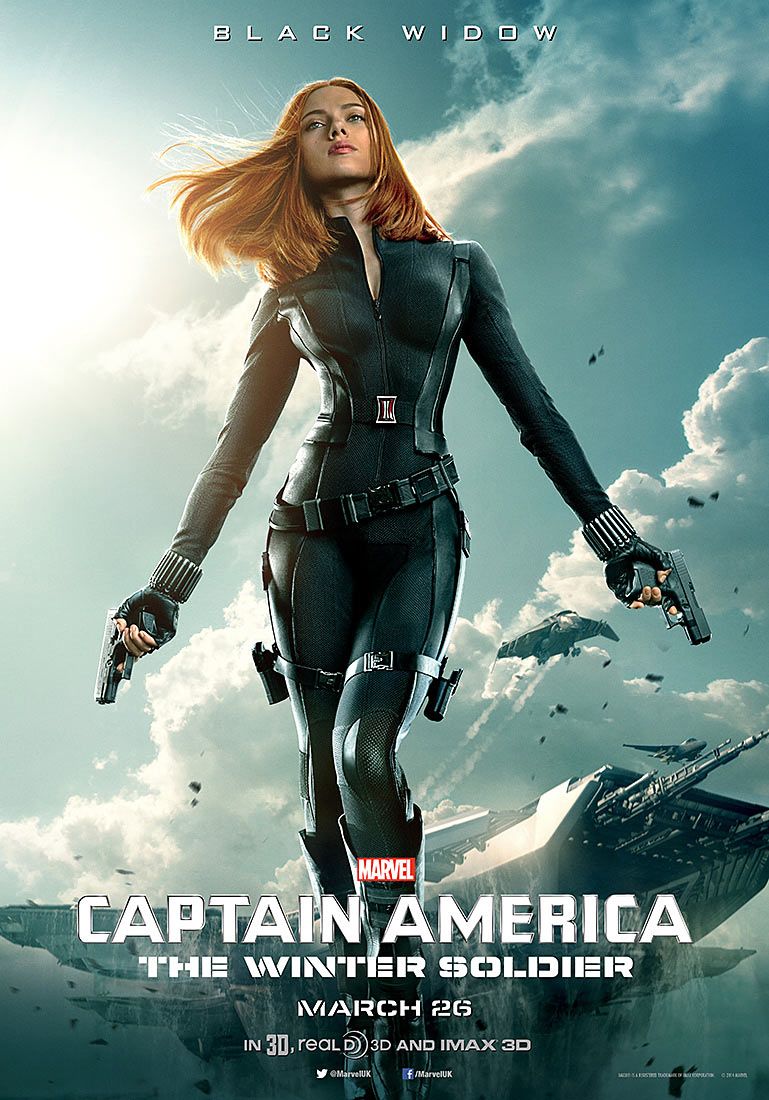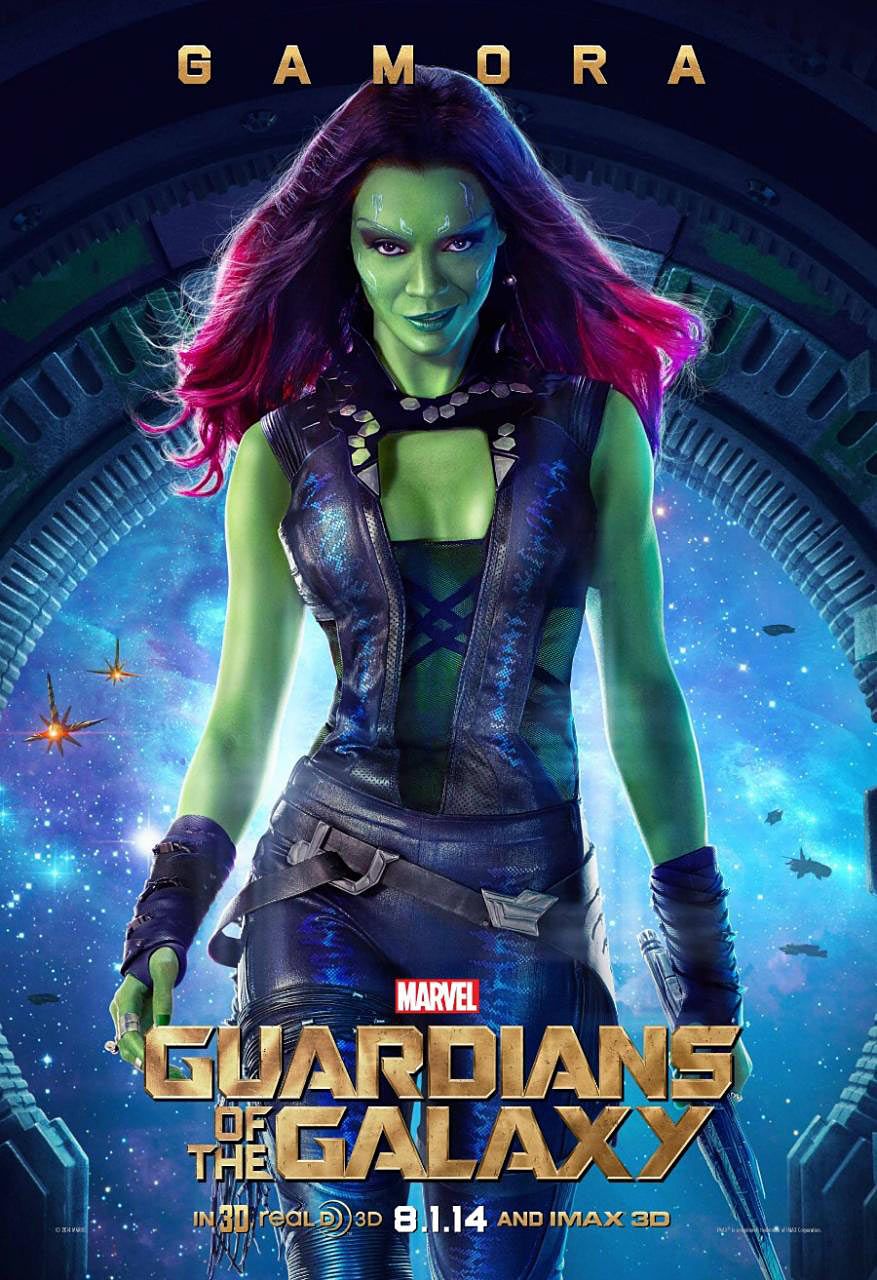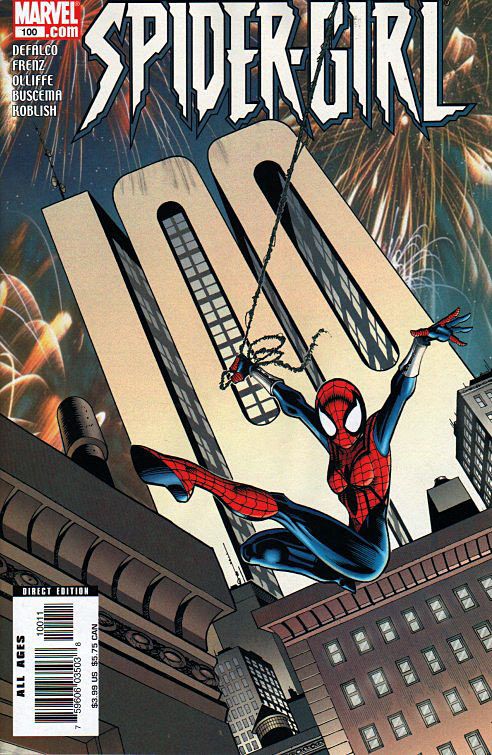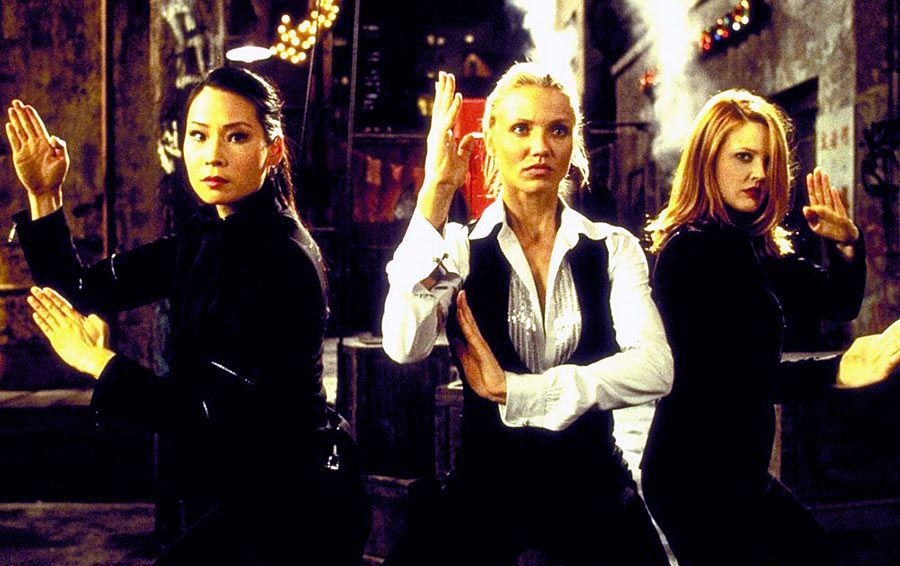As an adult human with access to a number of video streaming services, I'm able to indulge a lot of my odder pop culture urges. Old sitcoms, '80s cartoons, no-budget vanity films, those antihero dramas everyone talks about -- odds are if I want to watch it, I can watch it. Thanks to a combination of HBO Go and Netflix, I've been able to watch -- and enjoy -- both "Charlie's Angels" movies in the past few weeks. Yep, that's how I choose to spend my time, and now I'm going to write a whole lot of words about it because I'm proud of my decisions.
I'm not going to front like 2000's "Charlie's Angels" and 2003's "Charlie's Angels: Full Throttle" are both feminist masterpieces. They're fun, gleefully over-the-top and unrelentingly and knowingly campy. I enjoy them in the same way that I enjoy "Batman '66"; the fact that the actors are having such a great time while saying lines that the writer most likely knows are cheesy absolutely trumps the fact that none of the special effects hold up and the plots -- specifically "Full Throttle's" -- are head-scratching. I loved these movies when they originally came out and, as it turns out, I still love them today. I enjoy nothing more than fight scenes set to rock and roll music, and Drew Barrymore beats the crap out of a lot of guys while tied to a chair -- a scene Joss Whedon most likely did not intentionally homage in "Avengers" -- while Blur's "Song 2" plays. These movies are kinda made for me.
My perception going into this rewatch-a-thon was a bit different now that I'm 30 and immersed in all the social issues that surround modern day media. I've written a lot about gender inequality in big budget franchises and how female characters are often tokenized, fridged and/or given nothing important to do. Even when a character fights against all of those tropes, like Marvel's Black Widow, critics that adhere to Hollywood's tradition of casual sexism still somehow shove them back into the "sexy woman" mold rather than acknowledging how female characters like Natasha Romanoff, Peggy Carter, Jane Foster and Pepper Potts break the mold. Female lead movies like the "Hunger Games" films, "The Heat," "Lucy" and "Frozen" killed it at the box office while studio heads were hemming and hawing about giving a female superhero her own movie. Even with "Captain Marvel" and "Wonder Woman" now slated to appear on the big screen, it's still a ridiculous uphill battle just to get women recognized as viable and desirable in action-oriented roles.
And yet 15 years ago, an action movie with three female leads grossed over $264 million worldwide and was successful enough to warrant a sequel that pulled in another $259 million worldwide. I know these are perceived as shameless cheesecake TV-adaptation cash-in movies, but those are pretty big deal numbers -- especially if the story we're always being told is that women can't lead action movies.
History has a way of erasing the achievements of women, possibly because the sexism of the time tried real real hard to squash that success. For example, Joan Rivers hosted a late night talk show from 1986 to 1988, yet that rarely gets brought up even as late night show hosts are constantly shuffled around -- and networks always pull another man out of the deck. Certain segments of comic book fans have moaned and groaned about the perceived "forced gender equality" that's come with the launch of new superhero series with female leads, forgetting the fact that "Dazzler," "Ms. Marvel," "She-Hulk" and "Spider-Woman" held down ongoings in the '70s and '80s. Spider-Girl kept a series going for one hundred issues, which is a feat that Moon Knight, Doctor Strange, Ant-Man and other higher profile male characters have never been able to pull off. Places like Tumblr are the only place where you will learn about the total badass triumphs of people like Eartha Kitt and Joan Jett. Roseanne Conner, Phoebe Buffay, Mary Richards, Sweet Dee Reynolds, Carla Tortelli, Elaine Benes, Sally Rogers, Liz Lemon, Leslie Knope and Lucy Ricardo are all characters that happened, yet people still say that women can't be funny.
The "Charlie's Angels" movies aren't perfect; they're a weird mishmash of the progressive, subversive and gratuitous. The three leads -- Cameron Diaz, Lucy Liu and Drew Barrymore -- are all given distinct personalities that contain contradictions. Diaz's Natalie is both a disco-obsessed ditz and a super sleuth with a zoology background. Liu's Alex is an intimidating weapons expert that also kinda wants to settle down. Barrymore's Dylan has a tough exterior that hides a sentimental interior. Yeah, each one of the Angels has a trait that's been deemed stereotypically feminine, but they all counter them with something unexpected -- and, most importantly, none of them are alike.
I love them both dearly, but how different are Gamora and Black Widow? How different are the two of them from Melinda May and Maria Hill? I mean, I can see the subtle differences between all of them -- and believe me, I could talk to you for hours about those subtle differences -- but none of those characters really get to differentiate themselves because they never get to work side by side with each other. When there's only one woman in the main cast, as is the case with Black Widow and Gamora, it's very easy to keep them in the standard super-tough-kick-ass-assassin role. I can tell that Widow and Hill are super different characters by extrapolating from what we've seen of them individually; I just want to see them share more than thirty seconds of screentime so we can see that extrapolation made canon. Because all three of Charlie's Angels are pretty much the same type of super tough fighters (thanks to hilariously executed and now dated wire fu), all of these other character traits get to rise to the fore through their prolonged shared screentime. All three of the Angels are able to be tough, smart, sexy, goofy and intimidating -- sometimes simultaneously-- throughout both films.
The real surprising thing about both "Charlie's Angels" movies? I mean, aside from it being an early '00s time capsule thanks to the involvement of Tom Green and Destiny's Child. The women never turn on each other. The three of them never backstab each other, they are never catty with each other and they never stop believing in each other. Dylan gets a little bit nervous when it seems like Natlie might marry Luke Wilson's character (see? Early '00s!), but they talk it out like adults in act two of "Full Throttle," totally sidestepping all passive aggression. Because we rarely get to see women have lengthy interactions in superhero properties, seeing functioning female friendships in an action movie from 15 years ago felt really new. Every time Marvel does this (Darcy and Jane, Skye and Simmons, Peggy and Angie), it's rewarding. I want to see more of it, because friendship is strength. In "Full Throttle", the key to their victory over a gleefully scenery-chewing Demi Moore is literally friendship. These are three women that have each other's back, be it covered in lederhosen, a man's business suit or nothing at all.
Of course all of that awesome stuff exists alongside a weirdly paternal relationship with their mystery employer that sometimes sees the Angels get a little bit infantilized, and there are a number of sexy undercover scenes where the leads moonwalk across the line past agency and into objectification. So yeah, not saying these movies are perfect, but they do feature the Angels dodging two missiles coming from opposite directions by driving a big ol' truck off of a dam and taking flight in a helicopter hidden inside their vehicle -- all set to Rage Against the Machine.
The point of all of this is to say that women have been capable of leading successful action movies for a while. We shouldn't let people still moaning about "Elektra" erase "Aliens," "Tomb Raider," "Kill Bill," "Charlie's Angels" and lots more from our collective memory. After watching both "Charlie's" installments, you have no idea how much I want to see "Birds of Prey" or "Fearless Defenders" muscle their way onto Warner Bros. and Marvel's slates. I need to see Captain Marvel and Spider-Woman tearing Hydra goons apart to Heart's "Barracuda."
Brett White is a comedian living in New York City. He makes videos for the Upright Citizens Brigade as a member of UCB1 and writes for the sketch comedy podcast Left Handed Radio. His opinions can be consumed in bite-sized morsels on Twitter (@brettwhite).

